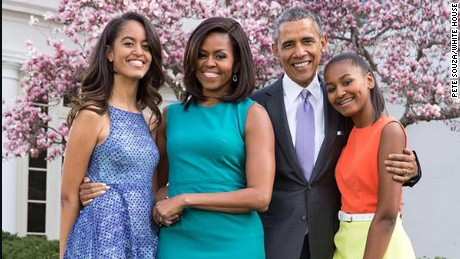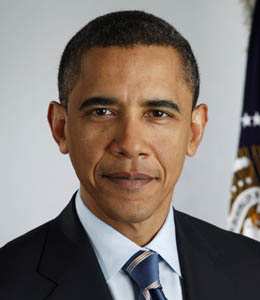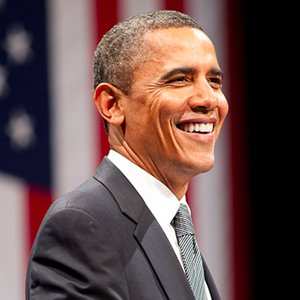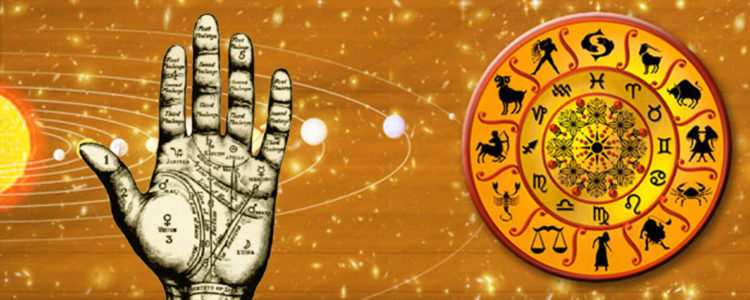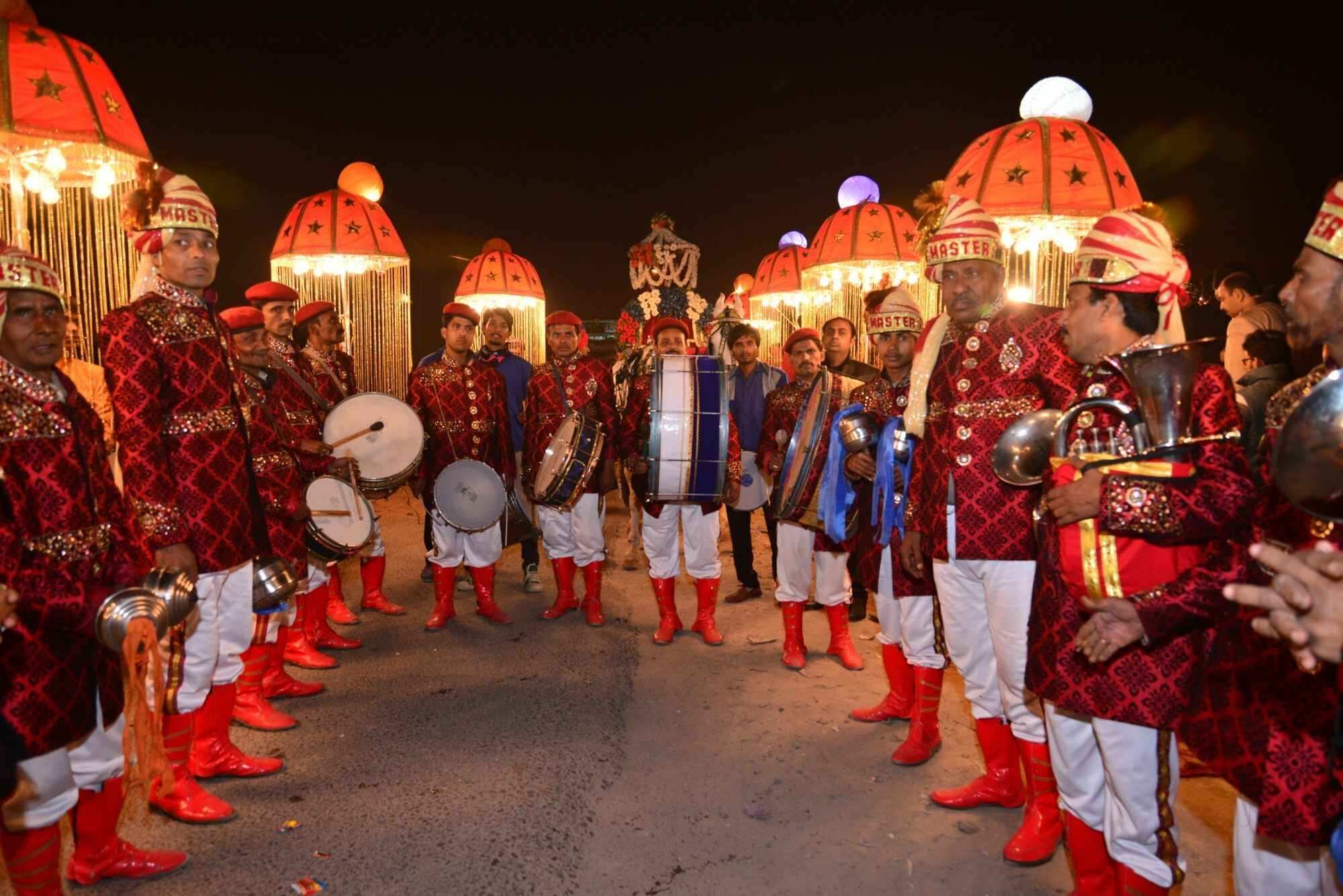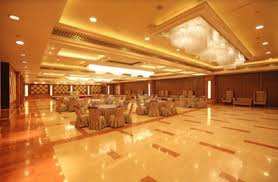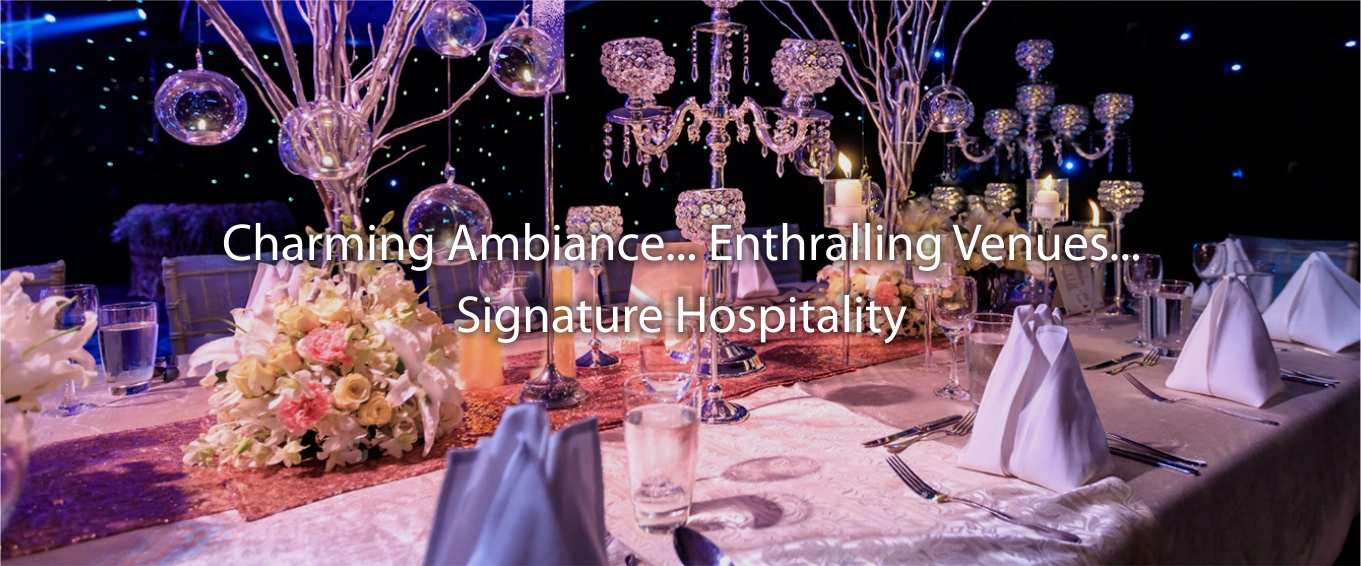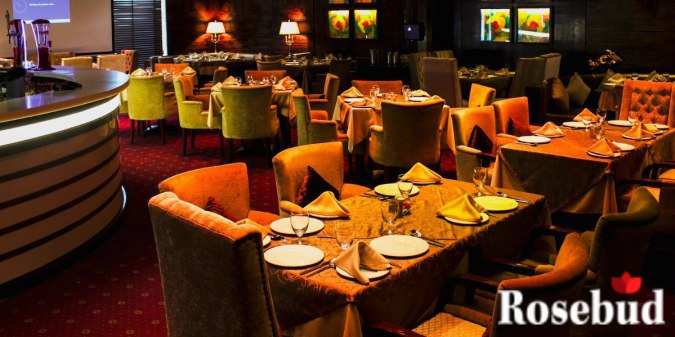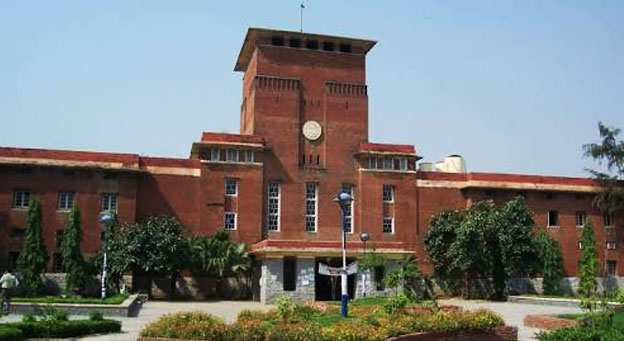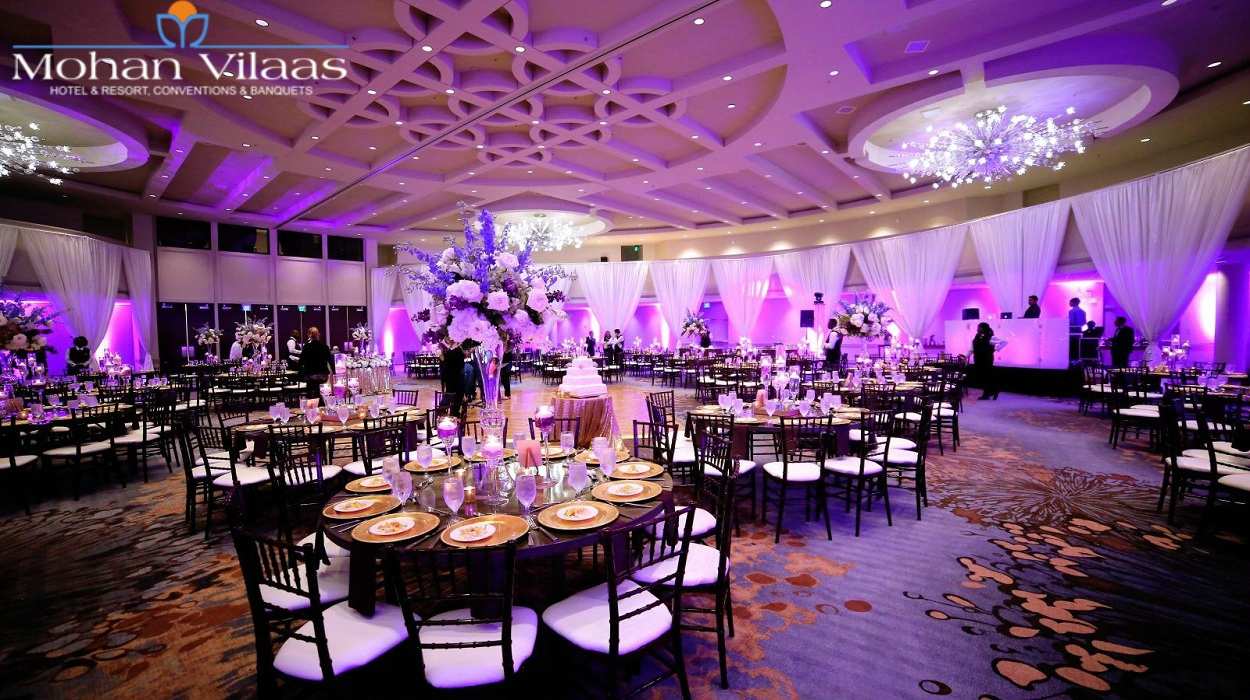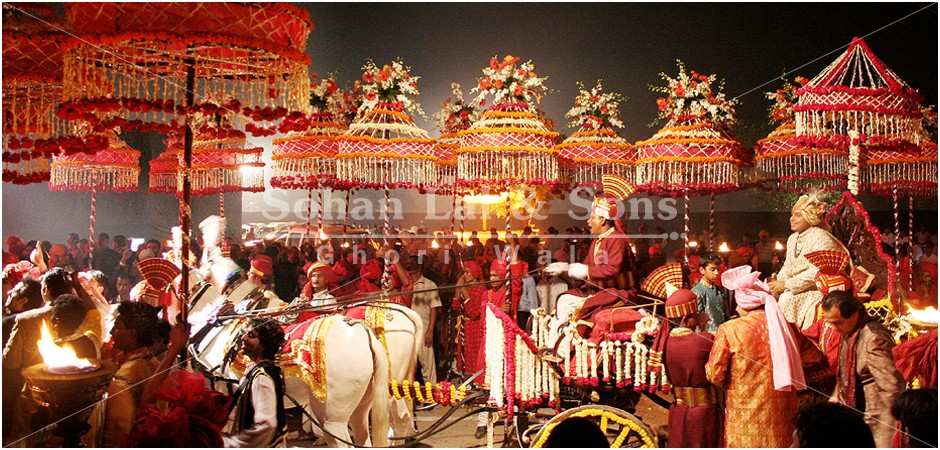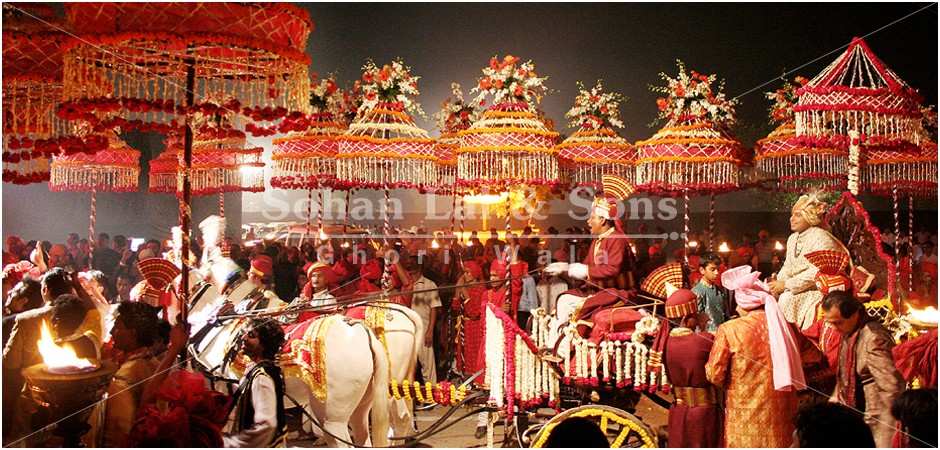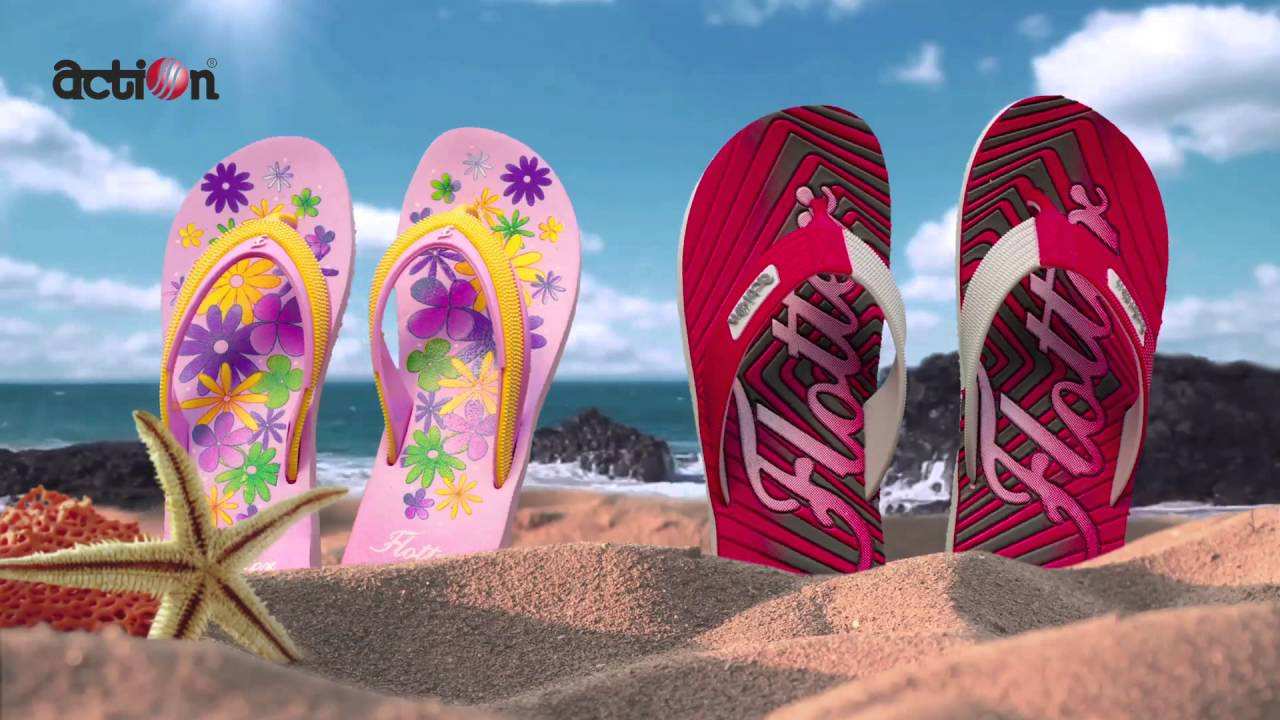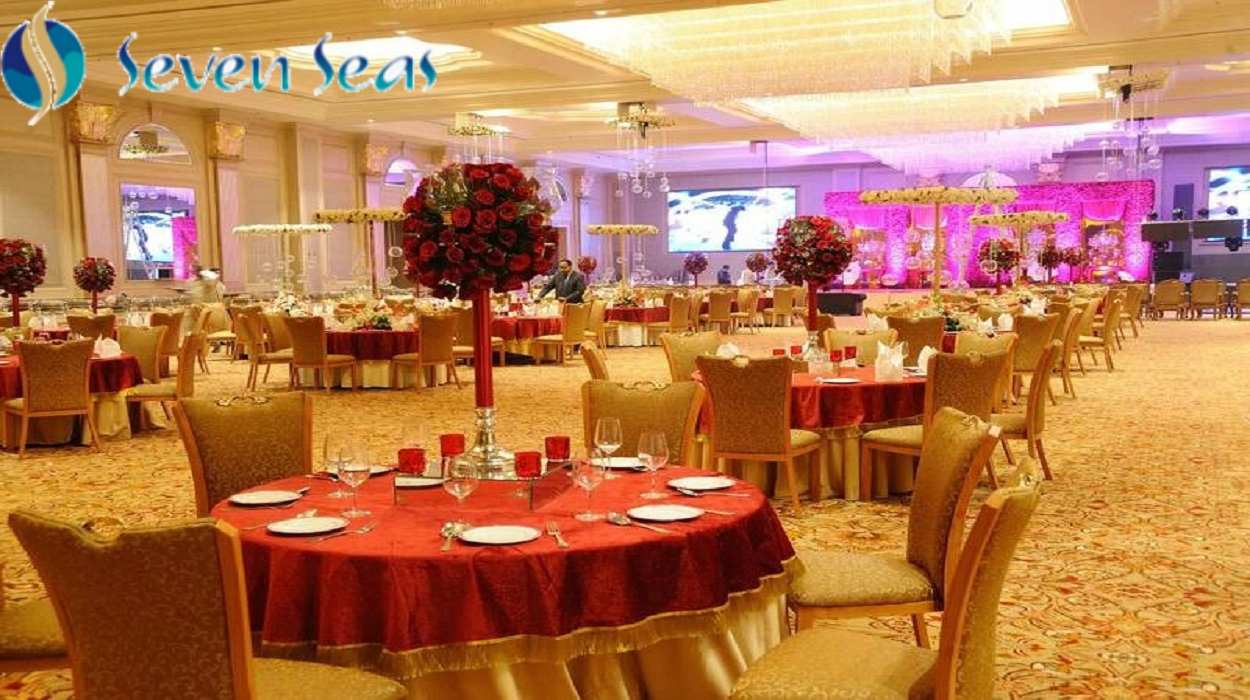1. EDUCATION
Concerned for his education, Obama's mother sent him back to Hawaii to live with her parents, Stanley and Madelyn Dunham, and to attend Hawaii's prestigious Punahou School from fifth grade through graduation from high school. While Obama was in school, she divorced Soetoro, returned to Hawaii to study cultural anthropology at the university, and then went back to Indonesia to do field research. Living with his grandparents, Obama was a good but not outstanding student at Punahou, played varsity basketball and, as he later admitted, "dabbled in drugs and alcohol," including marijuana and cocaine. As for religion, Obama later wrote, because his parents and grandparents were nonbelievers, "I was not raised in a religious household."
Obama's mother, who "to the end of her life [in 1995] would proudly proclaim herself an unreconstructed liberal," deeply admired the civil rights movement of the 1950s and 1960s and taught her son, he later wrote, that "To be black was to be the beneficiary of a great inheritance, a special destiny, glorious burdens that only we were strong enough to bear." But, as culturally diverse as Hawaii was, its African American population was miniscule. With no father or other family members to serve as role models (his relationship with his white grandfather was difficult), Obama later reflected, "I was trying to raise myself to be a black man in America, and beyond the given of my appearance, no one around me seemed to know exactly what that meant."
Obama left Hawaii for college, enrolling first at Occidental College in Los Angeles for his freshman and sophomore years, and then at Columbia University in New York City. He read deeply and widely about political and international affairs, graduating from Columbia with a political science major in 1983. After spending an additional year in New York as a researcher with Business International Group, a global business consulting firm, Obama accepted an offer to work as a community organizer in Chicago's largely poor and black South Side. As biographer David Mendell notes in his 2007 book Obama: From Promise to Power, the job gave Obama "his first deep immersion into the African American community he had longed to both understand and belong to."
